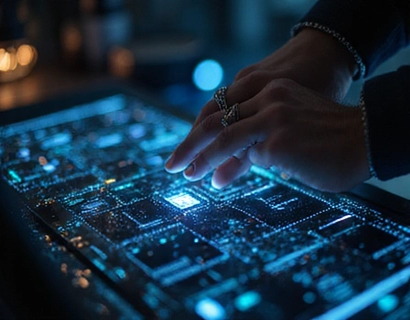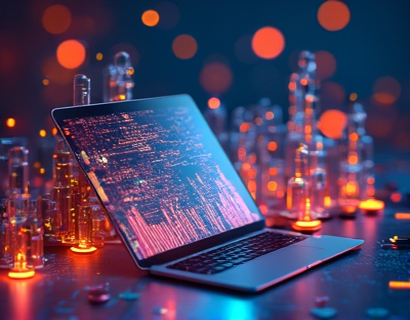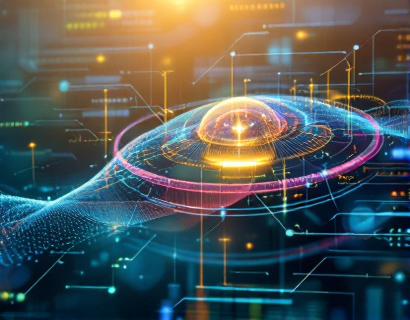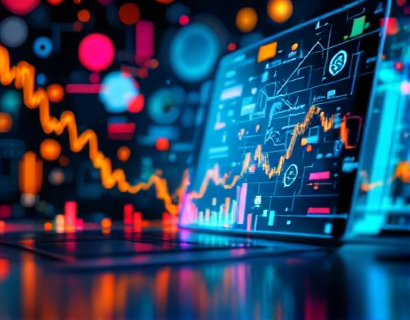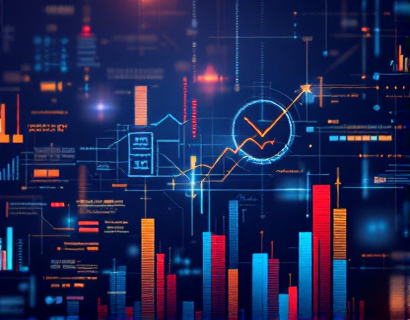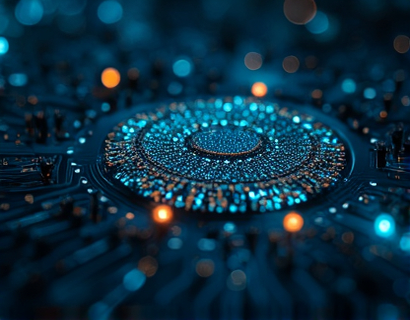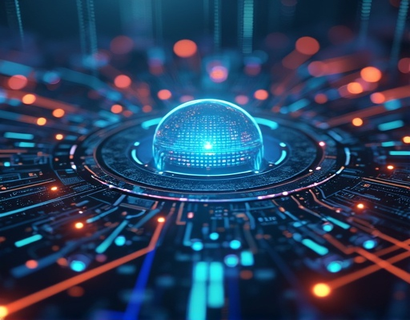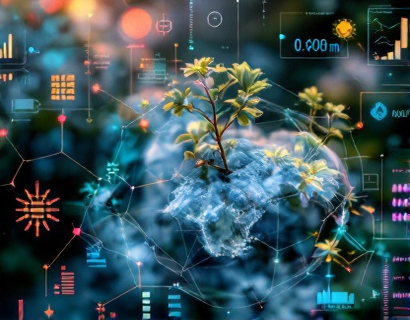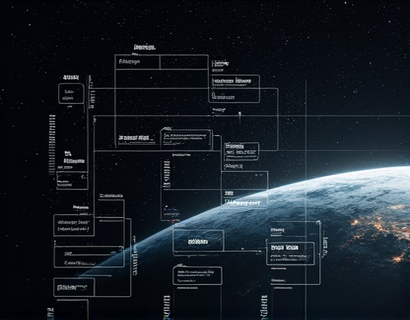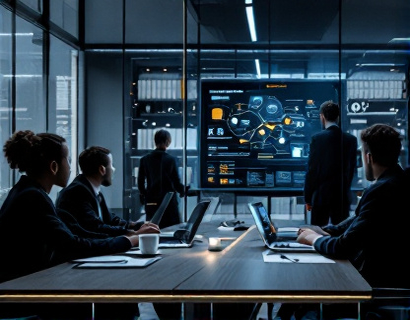Elevating Digital Experiences: The Synergy of AI and Crypto
The intersection of artificial intelligence and cryptocurrency is paving the way for unprecedented advancements in digital technology. This fusion is not just about combining two powerful domains but about creating a new paradigm where digital experiences are redefined through seamless integration and advanced solutions. For tech enthusiasts and innovators, this synergy offers a glimpse into a future where connected technologies are not only more intelligent but also more secure and user-friendly.
The Role of Artificial Intelligence in Cryptocurrency
Artificial intelligence plays a pivotal role in the cryptocurrency ecosystem by enhancing security, improving transaction processes, and providing insights through data analysis. AI algorithms can detect patterns and anomalies in blockchain transactions, significantly bolstering security measures against fraud and cyber-attacks. Smart contracts, a cornerstone of blockchain technology, benefit immensely from AI as they can execute complex conditions with higher accuracy and efficiency.
Moreover, AI-driven trading bots have transformed the way users interact with cryptocurrency markets. These bots use machine learning to analyze market trends, predict price movements, and execute trades with minimal human intervention. This not only democratizes access to trading opportunities but also allows for more informed and strategic decision-making.
Enhancing User Experiences Through AI
The integration of AI in cryptocurrency applications enhances user experiences by personalizing interactions and streamlining processes. For instance, AI-powered chatbots provide 24/7 customer support, answering queries and guiding users through complex transactions with ease. Personalized recommendations based on user behavior and preferences make the crypto journey more intuitive and engaging.
Wallet applications are another area where AI shines. By analyzing user habits and transaction patterns, AI can offer tailored security suggestions, optimize wallet performance, and even predict potential issues before they arise. This proactive approach ensures that users have a seamless and secure experience, fostering greater trust in cryptocurrency technologies.
Decentralized Applications and AI
Decentralized applications (dApps) are at the forefront of leveraging AI to create innovative and user-centric services. These applications run on blockchain networks, eliminating the need for intermediaries and enhancing transparency. AI enhances dApps by enabling more sophisticated functionalities such as predictive analytics, natural language processing, and advanced data visualization.
For example, AI-driven dApps can offer personalized financial advice, helping users manage their crypto assets more effectively. By analyzing market data and user preferences, these dApps can suggest optimal investment strategies, risk management techniques, and even forecast market trends. This level of personalization is a game-changer, making cryptocurrency more accessible and beneficial to a broader audience.
Blockchain and AI: A Synergistic Relationship
The relationship between blockchain and AI is symbiotic. Blockchain provides a secure and transparent platform for AI algorithms to operate, ensuring data integrity and reducing the risk of manipulation. In turn, AI enhances the capabilities of blockchain by optimizing processes, improving efficiency, and unlocking new possibilities.
One significant area where this synergy is evident is in supply chain management. By combining blockchain's transparency with AI's analytical prowess, companies can track products from origin to destination with unprecedented accuracy. AI can predict potential bottlenecks, optimize logistics, and ensure compliance with regulations, all while maintaining an immutable record on the blockchain.
Enhancing Security Through AI
Security remains a paramount concern in the crypto space, and AI is a powerful ally in this regard. Machine learning algorithms can identify and mitigate threats in real-time, adapting to new vulnerabilities as they emerge. By continuously learning from data, AI systems can detect unusual patterns that may indicate a security breach, allowing for swift action to be taken.
Furthermore, AI can enhance the authentication process in cryptocurrency transactions. Biometric data, such as facial recognition and voice patterns, can be integrated with AI to create multi-factor authentication methods that are both secure and user-friendly. This not only protects user assets but also simplifies the verification process, making transactions smoother and more reliable.
The Future of Connected Technologies
The convergence of AI and cryptocurrency is not just a current trend but a foundational shift in how we perceive and interact with digital technologies. As these fields continue to evolve, we can expect even more innovative applications and solutions that further elevate user experiences.
One exciting development is the integration of AI with the Internet of Things (IoT) in the crypto domain. Smart devices equipped with AI can interact with blockchain networks to automate tasks, manage assets, and provide real-time insights. For instance, smart home devices can use AI to optimize energy consumption and securely transact with decentralized energy markets, all while ensuring data privacy and security.
Another area of potential is in the realm of decentralized finance (DeFi). AI can enhance DeFi platforms by offering more sophisticated risk assessment tools, personalized financial products, and automated trading strategies. This not only improves the efficiency of financial services but also makes them more accessible to users worldwide.
Challenges and Considerations
Despite the numerous benefits, the integration of AI and cryptocurrency is not without challenges. Regulatory uncertainties, technical complexities, and the need for standardization are significant hurdles that must be addressed. Ensuring compliance with existing regulations while innovating in this space requires a delicate balance.
Moreover, the computational resources required for AI and blockchain operations can be substantial, raising concerns about energy consumption and environmental impact. Developing more efficient algorithms and leveraging renewable energy sources are crucial steps towards sustainable growth in this domain.
Conclusion
The fusion of AI and cryptocurrency is transforming the digital landscape, offering unparalleled opportunities for innovation and enhanced user experiences. As these technologies continue to mature, we can anticipate a future where connected devices, smart contracts, and decentralized applications work in harmony to create a more intelligent, secure, and user-friendly world.
For tech enthusiasts and innovators, embracing this synergy is not just an option but a necessity. By staying at the forefront of these developments, they can contribute to shaping a future where the potential of AI and cryptocurrency is fully realized, paving the way for a new era of digital excellence.











